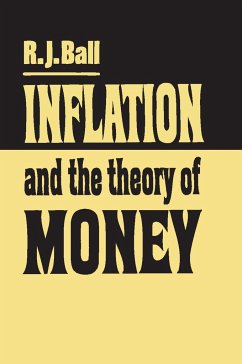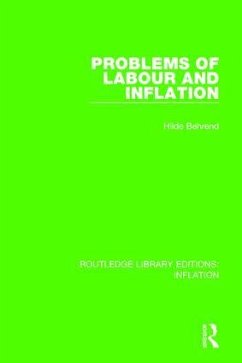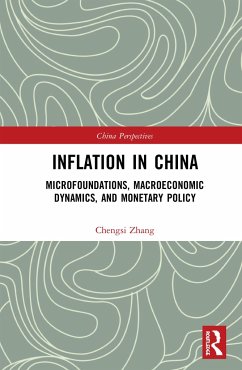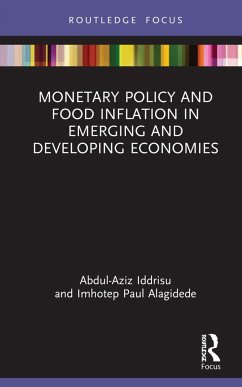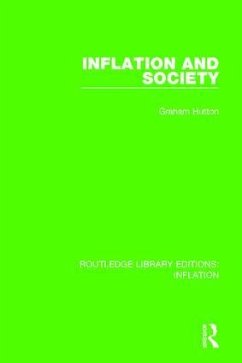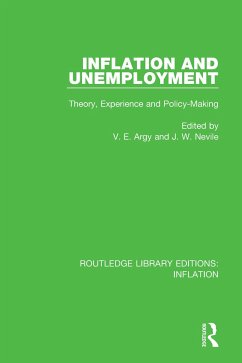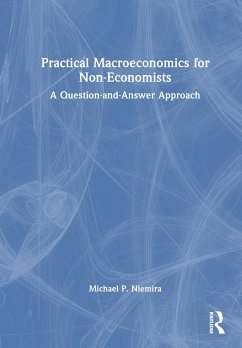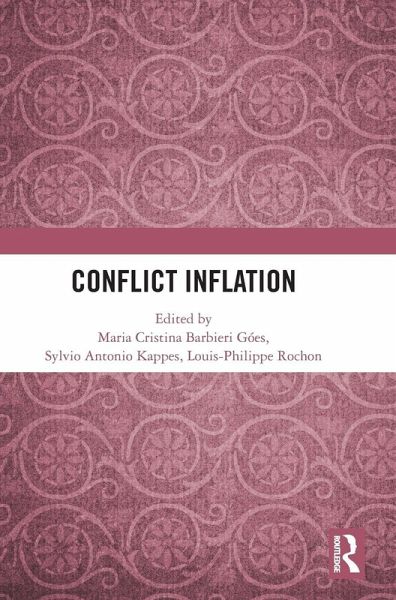
Conflict Inflation
Versandkostenfrei!
Versandfertig in 1-2 Wochen
176,99 €
inkl. MwSt.
Weitere Ausgaben:

PAYBACK Punkte
88 °P sammeln!
This book brings together distinguished scholars who analyze the recent resurgence of inflation from the point of view of conflict among social classes over the appropriate distribution of income.For the better part of the past four decades, inflation remained low and stable in most industrialized economies-certainly close to the various inflation targets. As a result, inflation did not pose much of a policy threat, and economists' attention was drawn elsewhere. Since 2020, however, the picture is very different. A pandemic followed by a war has led to a surge in inflation throughout the globe...
This book brings together distinguished scholars who analyze the recent resurgence of inflation from the point of view of conflict among social classes over the appropriate distribution of income.
For the better part of the past four decades, inflation remained low and stable in most industrialized economies-certainly close to the various inflation targets. As a result, inflation did not pose much of a policy threat, and economists' attention was drawn elsewhere. Since 2020, however, the picture is very different. A pandemic followed by a war has led to a surge in inflation throughout the globe, the result of war, climate change emergencies, supply chain deficiencies, and other cost-related post-COVID problems (so-called greedflation). This surge in inflation has left many economists bewildered. Post-Keynesians, however, have proposed a sound explanation. For them, inflation is 'always and everywhere' a conflict phenomenon, and they have applied this view to the post-pandemic era.
This book is a must-read to understand not only inflation in normal times but also in times of crises. It is an essential read for students, policymakers and scholars in the fields of economics, social sciences, and public policy.
The chapters in this book were originally published as a special issue of Review of Political Economy.
For the better part of the past four decades, inflation remained low and stable in most industrialized economies-certainly close to the various inflation targets. As a result, inflation did not pose much of a policy threat, and economists' attention was drawn elsewhere. Since 2020, however, the picture is very different. A pandemic followed by a war has led to a surge in inflation throughout the globe, the result of war, climate change emergencies, supply chain deficiencies, and other cost-related post-COVID problems (so-called greedflation). This surge in inflation has left many economists bewildered. Post-Keynesians, however, have proposed a sound explanation. For them, inflation is 'always and everywhere' a conflict phenomenon, and they have applied this view to the post-pandemic era.
This book is a must-read to understand not only inflation in normal times but also in times of crises. It is an essential read for students, policymakers and scholars in the fields of economics, social sciences, and public policy.
The chapters in this book were originally published as a special issue of Review of Political Economy.





